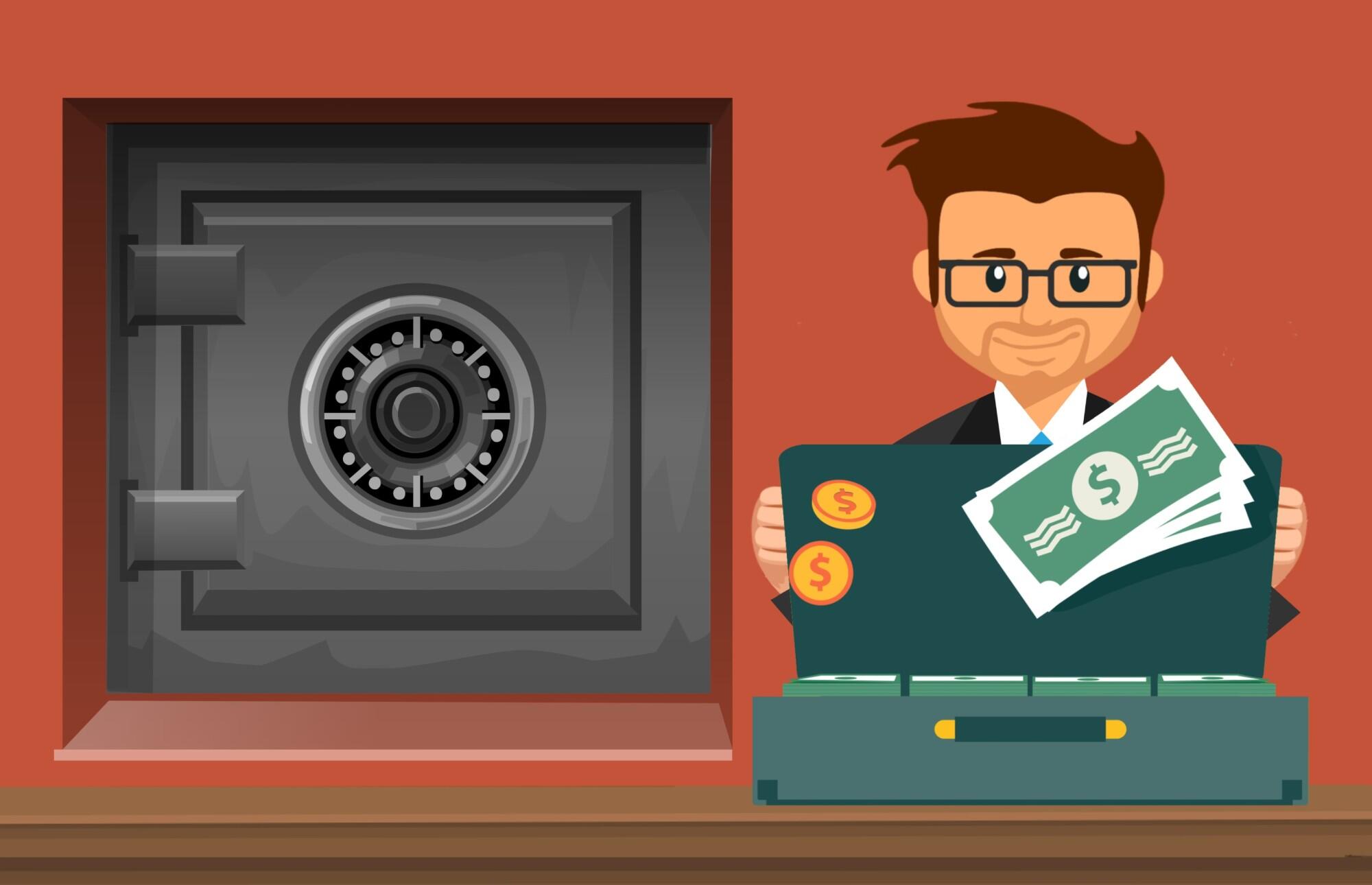Trust is at an all-time low. 46% of Americans in the early 1970s said they could trust one another, but only 26% say the same today.
That's part of what's led to the rise of security deposits. They're a form of insurance for landlords against tenants who don't pay rent or cause damage.
They may be common, but they're also misused. That can lead to financial and legal repercussions. Read on to learn misconceptions landlords have about security deposits.
You Can Set Whatever Amount You Want
State laws mandate how high your security deposit can go. Changes to South Carolina law in 2024 set the legal maximum to no more than two month's rent.
Think about the right amount for you. What are other landlords in the area charging? Do you have an older property that poses risks? It's an important consideration before purchasing an investment property.
Take photos and videos documenting its condition. This helps you set an amount and serves as evidence if you end up in court over a dispute about the deposit.
You Can Keep It All No Matter What
One major misconception is the idea of a nonrefundable deposit. You must use a refundable deposit.
There's also misinformation about what you can withhold from the deposit. Legal examples include:
- Unpaid rent
- Unpaid bills
- Property damages
- Permitting fees
Normal wear and tear is not deductible, but damage caused by tenants is. It's the difference between a fading couch and a carpet stain.
You can send a tenant a bill if the repair costs exceed the security deposit amount. Going to court may be necessary if they don't pay.
You Can Return It Whenever You Want
Time limits for returning security deposits vary by state. Tenants can sue you if you don't follow them.
South Carolina law limits returns to at least 30 days after the termination of a lease agreement. Landlords must also send tenants an itemized statement of any deductions or money owed.
You Can Use The Money However You Want
Security deposits aren't meant to be money that sits in your pocket. They're used for a specific purpose.
The only legal uses are to cover the cost of unpaid rent or the cleaning services needed to repair damages.
You Can Store It Wherever You Want
Landlords must keep the money from security deposits safe.
South Carolina law doesn't regulate where to keep them. The best practice is to create a separate account and don't store it with your personal funds.
You Don't Need Tenant Screening
A security deposit is only one tool in the battle against bad tenants. Not using others is like taking a shield but leaving your sword behind.
Screening tenants is essential for filling vacancies with applicants who are responsible and won't force you to take deductions from the deposit.
Thinking It's Best to Do It All Alone is Another Misconception
Are you struggling to understand security deposits? You don't have to do it alone.
Oak Trust Properties is a boutique family-owned property management business in Summerville, South Carolina. We're dedicated to improving our community. One way we do this is by giving property owners peace of mind while achieving their investment goals.
We guarantee quick responses and quality service. If you're not satisfied, your fees are waived. We're always available, so contact us today.


